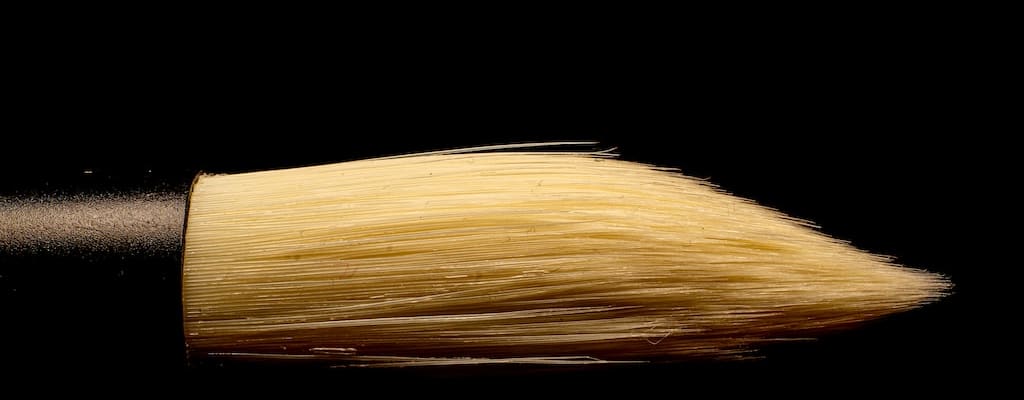give someone the brush-off: Idiom Meaning and Origin
What does ‘give someone the brush-off’ mean?
The idiom "give someone the brush-off" means to dismiss or reject someone in an abrupt or unceremonious manner, usually through indifference or rudeness.

Idiom Explorer
The idiom "sweep aside" means to dismiss or ignore something or someone as unimportant or insignificant, usually due to a lack of interest or consideration.
The idiom "kiss off" means to dismiss, reject, or end a relationship with someone in a dismissive or rude manner.
The idiom "kiss my ass" is an impolite way of dismissing someone or expressing defiance, implying that one does not care about their opinion or authority.
The idiom "kick to the curb" means to reject or dismiss someone or something, usually in a harsh or abrupt manner.
The idiom "give someone the business" means to scold or reprimand someone severely, often in an intimidating or forceful manner.
The idiom "give someone a speaking to" means to reprimand or lecture someone sternly about their behavior or actions.
The idiom "give the elbow" means to reject, ignore, or dismiss someone or something. It conveys the idea of pushing someone away or keeping them at a distance, either physically or emotionally.
The idiom "get lost" means to tell someone to go away or leave, often used in a rude or dismissive manner. It is a way of expressing annoyance or frustration with someone's presence.
Decoding the Snub
The idiom "give someone the brush-off" is a commonly used phrase in American English. It describes a situation where a person rejects or dismisses someone in a rude or abrupt manner. It implies a lack of interest or desire to engage with the person being brushed off.
One theory suggests that the phrase comes from the act of brushing off dust or debris from one's clothing or body. Giving someone the brush-off would be like brushing away the person as if they were unwanted dirt or nuisance. Another theory relates the idiom to the usage of a brush or broom to dismiss unwanted insects or pests. This metaphorical association implies that the person being brushed off is seen as an annoyance or pest that needs to be removed.
The idiom is often used in social and romantic contexts, indicating a rejection of someone's advances or interest. It can also be used in professional settings to describe a situation where someone is being ignored or not given proper attention or consideration. The phrase is typically used in informal conversation and is familiar to most native English speakers.
When someone gives another person the brush-off, it is generally done in a dismissive and uncaring manner. The person being brushed off may feel hurt, disrespected, or ignored. The idiom carries a sense of rejection and can have emotional implications for both parties involved. It is important to consider the context and tone in which the idiom is used to fully understand its meaning and impact.
The related idiom "brush off" is similar to "give someone the brush-off" in that it also means to dismiss or ignore someone. However, "brush off" can also be used to describe the act of shrugging off or disregarding something unimportant or trivial. For example, if someone brushes off a comment or suggestion, they are dismissing it as not worthy of consideration.
Another related idiom is "brush aside." This phrase also means to dismiss or ignore someone or something, but it can also imply a more active effort to disregard or downplay their importance. When you brush aside someone's opinion or concerns, you are intentionally minimizing their significance or relevance.
While the origin of the idiom "give someone the brush-off" remains unclear, its meaning and usage are well-established. It continues to be a part of everyday conversations, successfully conveying the idea of dismissing or rejecting someone. Whether brushing off an unwanted admirer or dismissing a bothersome salesperson, the idiom has a lasting presence in American English and is used in various social and professional contexts.
Example usage
Examples of how the idiom give someone the brush-off can be used in a sentence:
1. She tried to approach him at the party, but he quickly gave her the brush-off and walked away.
2. After waiting for hours, the customer complained to the manager about being given the brush-off by the staff.
3. When asked about his involvement in the scandal, the politician gave a vague and evasive response, essentially giving the reporters the brush-off.
More "Rejection" idioms



